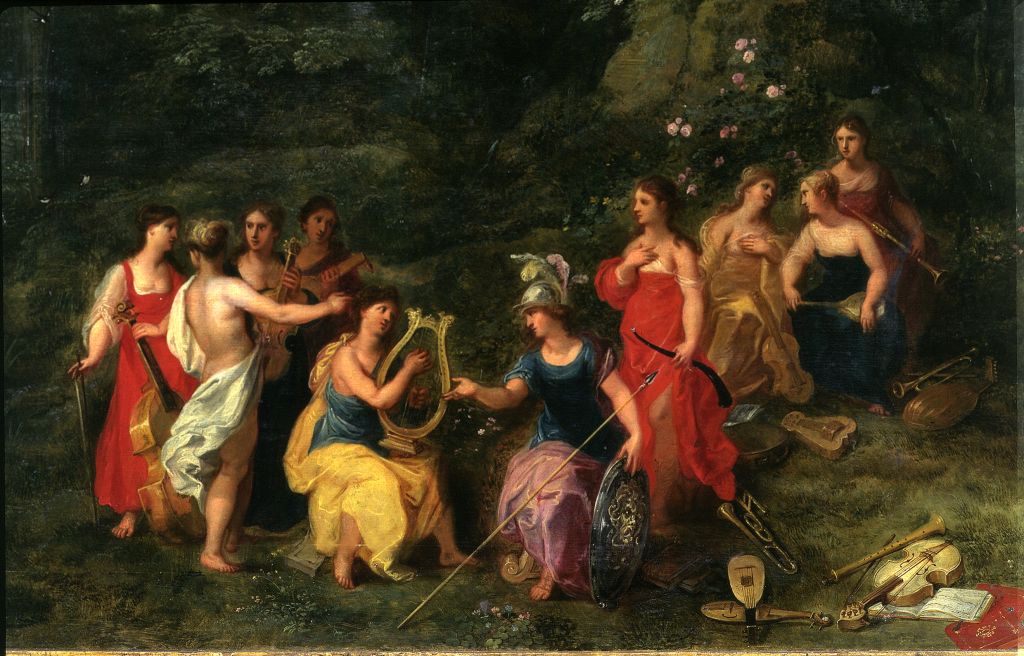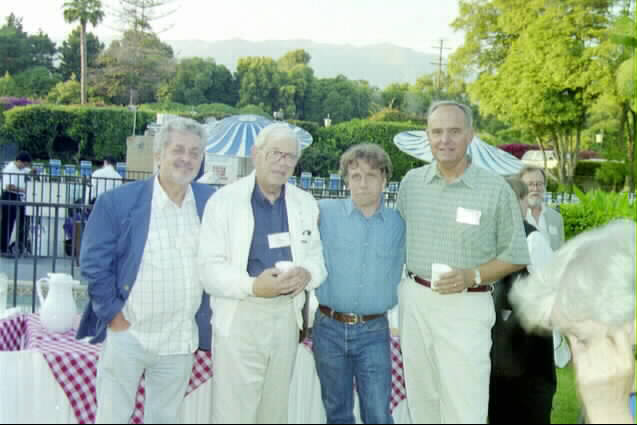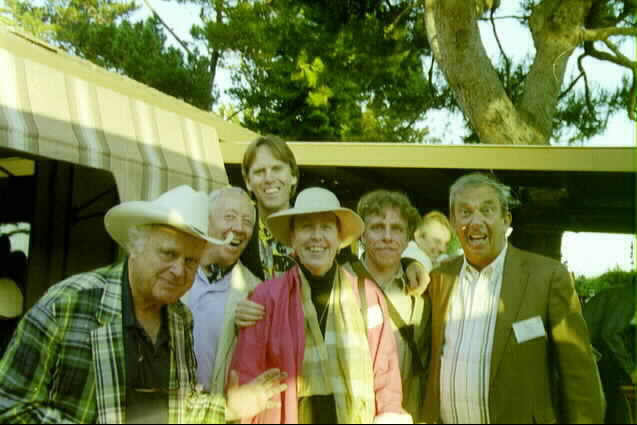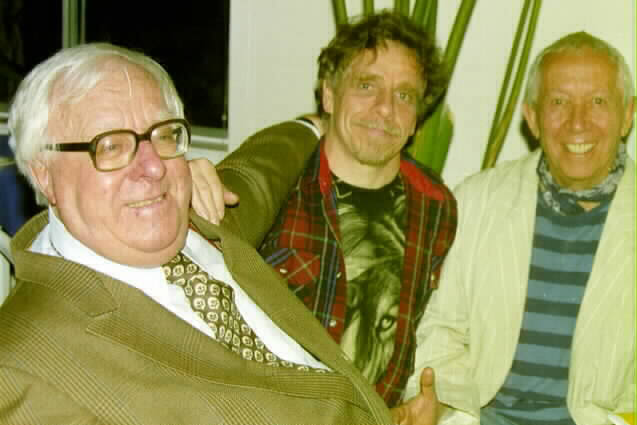Recently, I found myself at a wine and cheese party held beside the beautiful Hotel Mar Monte pool on Cabrillo Boulevard, mingling with dozens of Santa Barbara Writers Conference students, workshop leaders and agents. Some were gathered in small groups talking about recent workshops. "What'd you think about Poetry?"
"To say it was exhilarating seems trite at best."
"Say? Didn't I see you in the 'Creating Exciting Dialog' workshop?"
"Yup."
"How was the supernatural/horror/science fiction workshop?"
"Shh. 'They' may be listening."
Meanwhile, writers seeking publication were pitching ideas and agents were ducking -- er fielding -- them as fast as they could.
"I'm writing the definitive book on bricks."
"Sounds heavy. Here's my card."
"I'm working on a travel book about Canada."
"Great, where abouts do you live?"
"Hoboken, New Jersey."
"Perfect, here's my card."
"My mother thinks my novel is the greatest Slovenian love story ever told."
"Good niche. Here's my card."
I think I blew it though when an agent sidled up to me at the bar and asked me what I was working on and I said: "I think it's merlot."
But I wasn't really there to sell something that could make me richer than Donald Trump's ex-wives and more famous than Anthony Weiner's weiner. I was there to conduct a humor workshop to help people think and write funnier so they could eventually put me out of a job. I was also there to teach them the discipline they need in order to become more prolific writers…
"What are you looking for?" my wife asked.
"Inspiration," I said.
"Well, don't leave your head in the refrigerator too long. It defeats the purpose of having energy-efficient appliances, plus you end up smelling like leftover stir fry and driving the neighborhood dogs crazy. Besides aren't you supposed to be writing your post-writers-conference column?"
"It's not due until Friday."
"Today's Saturday."
Dang. I grabbed a block of cheese and a couple beers to put me in a writer's conference state of mind and headed back to my office. Part of the problem is that so much happens in one week at the SBWC that it's a bit overwhelming and hard to process. But if there is one lesson I have learned over the years and try to share with my students, it's focus. That's the difference between finishing a project you've been working on since telephones hung on walls and not finishing.
"I'm going to go grab some lunch," my wife yelled from the other room. "I know you're busy writing… Okay, so I guess you want to go too?"
"Just trying to pay more attention to you dear. Don't want to become one of those reclusive writers you hear about, locked in their own room for days at a time."
"You've only been in your office five minutes, though I see you did manage to finish off a pound of imported cheddar."
I tossed my sweats in the corner, slipped on my shoes and headed for the car.
"Not that it's cold out, but you may want to put on some pants."
"Good point."
Speaking of points that's another one I strive to make to my students – humor is in the details. It's often the little things that others overlook but humor writers notice that make the difference between fun and funny.
"The specials sound good," my wife said.
"What specials?"
"The ones on the first page."
"What first page?"
As we were waiting for our lunches to arrive I thought of another thing to mention in my post-writers-conference column. It came up after listening to the third funny tale of trying to fit into today's women's underwear styles. This one was actually written by a woman but a bit wordy. I told students rewriting often meant paring things down to the bare minimum.
"Are you going to eat all of that?" my wife asked.
I looked at the two platters, three bowls and a mug that was going to take two hands to lift. "You know my motto: 'Live well, write often.'"
"Hm. You know I think the name of your next book should be "Do as I say, not as I do."
"Ha-ha," I said, sarcastically, but inwardly I was already preparing my pitch for next year's agent party.
Read more writing humor in my latest book: "A Year in the Life of a 'Working' Writer"
http://www.erniesworld.com/



















